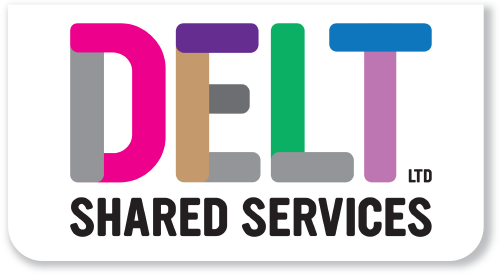
The Power of a True Partnership
“A partnership is a relationship in which the participants exchange equal or fair advantages or benefits, have common interests, and form an alliance or play on the same team” (1).
True partnerships between organisations can be a powerful combination, if “true,” and lead to significantly more value being delivered than, for example, a supplier relationship.
I purposefully used the word “true” as I have become quite cynical of the term ‘partnership’ where marketing a business is concerned. We all strive to achieve the holy grail of partnerships – but what does this look like in business terms?
I have been reflecting on our recent, successful take on of the Devon NHS Partnership Trust (DPT) IT service back in June this year. Both Delt and DPT had been working tirelessly, for over 12 months, to make it a success and one of the key foundations for this success was the true partnership we worked hard to build and continue to nurture. Our partnership was, and is, built on the following foundations;
- Shared values – which engenders complete trust – for example, honesty, mutual respect. A public sector organisation is often routed in their values and that is something us at Delt have in common. We understand what is important because it matters to us too.
- Shared ambition – we both want to leverage technology for the benefits of patients and staff.
- Shared benefits – neither organisation is incentivised to benefit more than the other and it is not a relationship based on one organisation focusing on profit for remote shareholders. Whilst of course money does exchange hands, for Delt, it is more about the value we can deliver and of course the benefits of having a new customer. That in turn further strengthens our ability to grow and add incremental value to our existing customers and future customers in the public sector.
- Shared resources – both organisations operate as one, creating a team who drive towards common goals and sharing in the success of those achievements.
- Shared accountability – when things go wrong (we would be kidding ourselves if we said we never get it wrong), both organisations jointly take accountability, there is no blame. Only a commitment to finding and implementing sustainable solutions.
- Shared commitment – both organisations are committed to a successful partnership and put real skin in the game, whether that be financial investment or hiring additional resource.
I have learnt over the years that it is better to start small with a new “partner” to allow time to test the relationship, as often what is said on paper [like an RFP] is not the reality of what you get.
It is through this consideration of mutual foundations that we have been able to establish a true partnership. Something all of us at Delt are proud of and will take forward into developing more partnerships and improving those with our current customers.
Paul Jones, Chief Information Officer
1. The Politics of Powerful Partnerships (gartner.com)
Photo by Nick Fewings on Unsplash



